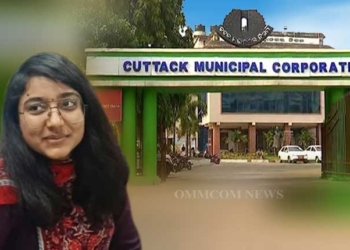Puri: Jagannath- the Lord of the Universe has one of the largest and biggest kitchens in the world which is present within the premises of the Jagannath Temple. It caters to around 50,000 devotees daily, serving all without prior reservation or notice.
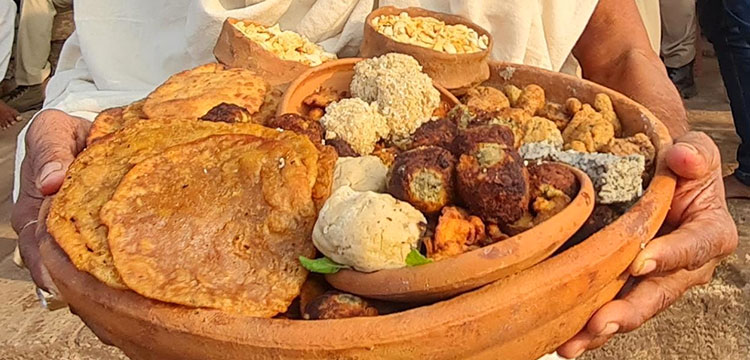
The 12th centrury shrine follows a very unique and traditional way of cooking which has been practiced ever since the temple was built. It is believed that it is the kitchen of Mahalaxmi and she Herself cooks in the kitchen, and all are her servants there.
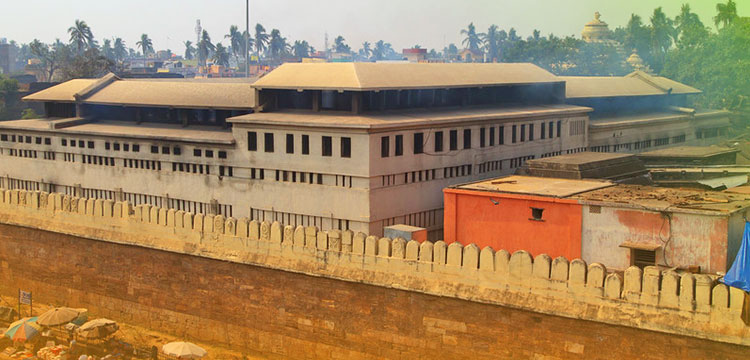
1: The kitchen has 250 earthen chulhas in 32 rooms, and it sprawls over a length of 150 feet with 100 feet breadth and 20 feet height. Around 600 Suaras (cooks) and 400 assistants serve here everyday to prepare the Lord’s food.
2: The fire of the kitchen is known as Vaishnava Agni, and is believed to be used to serve Lord Vishnu Himself. The most unique feature of Vaishnava Agni is that it is never put out.
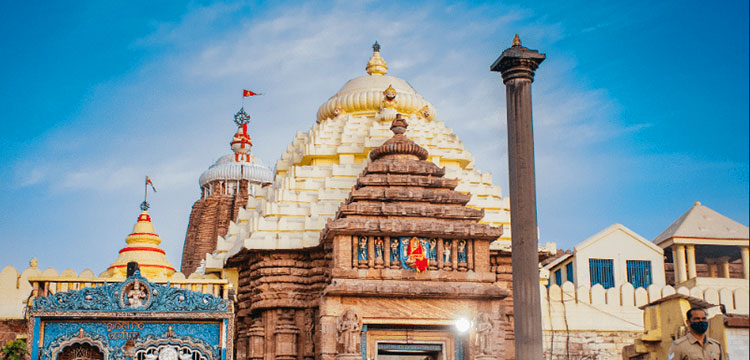
3: The Mahaprasad is cooked only in earthen pots, which is provided by the potters of Kumbharapada and nearby areas.
4: Only wood is used as the fuel for cooking the Mahaprasad. Earlier, the required wood was supplied from different forests of the State but after nationalization of forests, the State Forest Corporation is providing timber for this purpose.
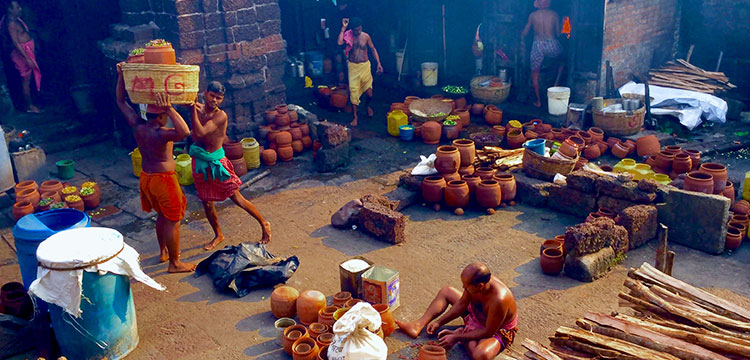
5: Water used for cooking purpose is brought only from two wells in the temple complex named as Ganga and Jamuna, which are very near to the kitchen.
6: One of the most unique features of this kitchen is the cooking procedure. Around 4 or 5 earthen pots are placed one over other on the Chulha (kitchen fire). The lowermost pot is directly heated by the fire, whereas the other pots get heat by steam generated from the lower-most pot. But the topmost pot is cooked first.
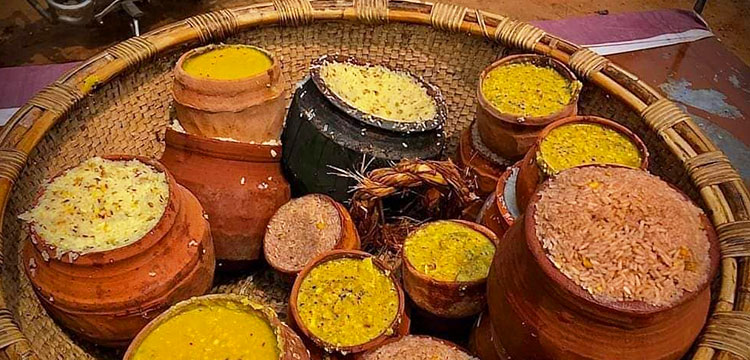
7: Only the 600 cooks (Suaras) who are directly engaged in cooking are allowed inside the kitchen. The assistants who bring water, wash rice and cut vegetables remain outside and prohibited to enter the kitchen.
8: The offerings made to the deities are called chhapan bhog (56 dishes), but in reality the kitchen prepares 110 items including ghee rice, jeera rice, sweet rice and a variety of dals and peethas (cakes), dry confectionaries prepared of sugar, jiggery, wheat flour, ghee, milk, etc. The demand for these items goes up on festive occasions.
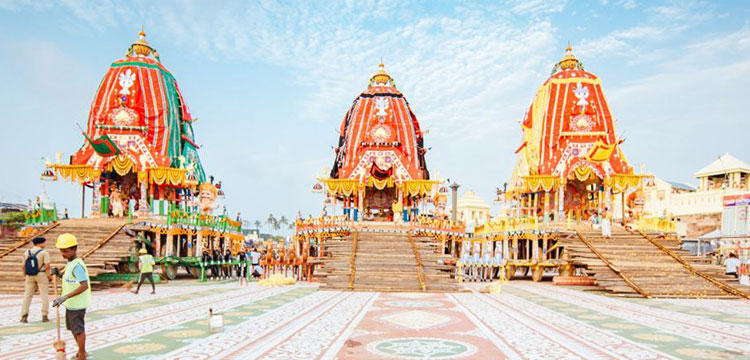
9: The steam-cooked food is offered to Lord Jagannath first and then to Goddess Bimala after which it becomes Mahaprasad.
10: When the steam-cooked food is carried to offer to the Lord in slings of earthen pots no flavour comes up from the food, but when the same is carried back to the sale point after being offered to the Lord, a wonderful aroma engulfs the devotees around sending a message that the food is now blessed.
11: The (Mahaprasad) cooked food is sold at Ananda Bazar (abode of peace), deemed to be the biggest open-air eatery in the world, is consumed by thousands of devotees, who purchase and eat together irrespective of their caste, creed or status.
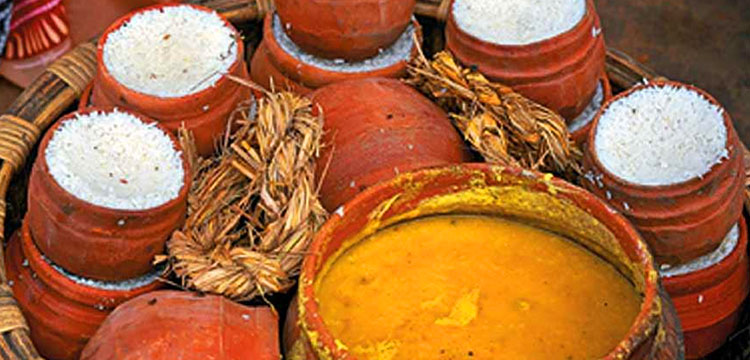
12: Most of the residents in and around Puri depend upon this Mahaprasad to entertain their guests during auspicious occasions such as thread ceremony and weddings. The tourists prefer to carry a particular type of dry Mahaprasad known as” Khaja” (made of maida,sugar and ghee) which stays fresh for days together.
13: The Rosha Ghara or the temple kitchen remains idle for around 13 days every year during the period of Rath Yatra, when the Holy Trinity go out for an annual sojourn at Sri Gundicha Temple, the abode of His aunt. The divine kitchen is accessible to all during this period.
14: The earthen chulhas of the Rosa Ghara are broken during this time to be freshly made again after a few days. It is believed that Goddess Lakshmi destroys the kitchen in anger as Lord Jagannath left for his aunt’s abode with His siblings and did not take Her along with Him.
15: As per folklore, Lord Jagannath offers rasagolla (sweet) to Goddess Lakshmi to appease her in order to get entry to the temple. After this particular ritual, the gates of the temple are opened for Lord Jagannath. And the temple kitchen is back to work from the next day.










